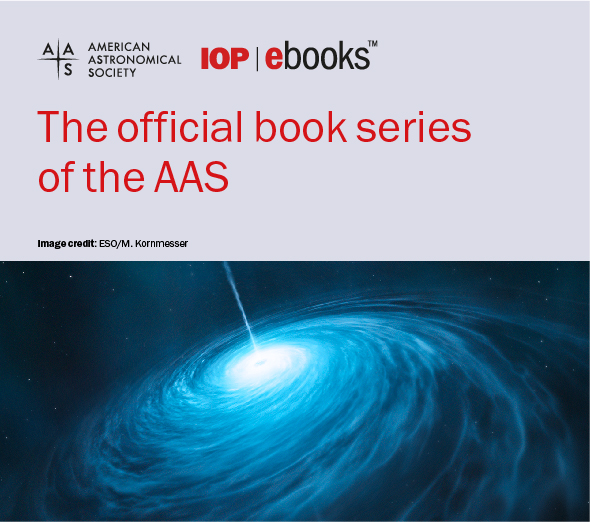Unified Astronomy Thesaurus (UAT) News
2 June 2021
The Unified Astronomy Thesaurus (UAT) is a structured, controlled vocabulary of astronomical concepts and their inter-relationships. It serves the astronomy community as the standard for classifying data and publications in a time when it’s increasingly challenging to explore and understand an ever-expanding body of knowledge. Adoption of the UAT by the community will ensure a semantically-aware astronomy data infrastructure[1].The UAT is freely available, built using open standards, and actively maintained by the community, which enables it to remain relevant as the discipline evolves.
The UAT has been implemented by the journals of the American Astronomical Society, the Publications of the Astronomical Society of the Pacific, the International Virtual Observatory Alliance, the proposal system at Space Telescope Science Institute, and WikiData. More information is available at: https://astrothesaurus.org.
New UAT Steering Committee Members
Effective, March 2021, three new members from the astronomy and library communities joined the Unified Astronomy Thesaurus Steering Committee (SC).
The UAT Steering Committee is excited to welcome:
Henrik Spoon, Physics, Astronomy, and Mathematics Librarian, Cornell University
Gretchen Stahlman, Assistant Professor, Department of Library & Information Science at Rutgers, The State University of New Jersey
Raffaele D’Abrusco, Archive Astrophysicist, Chandra X-ray Center at the Center for Astrophysics | Harvard & Smithsonian
Dr. Henrik Spoon brings a unique perspective as both a librarian and active research astronomer specializing mid-infrared studies of dust and gas in luminous infrared galaxies. He has worked extensively with Spitzer Space Telescope data.
Dr. Stahlman was a part of the Astrolabe[2]project, sponsored in part by the AAS, a cyberinfrastructure project that addresses a set of community recommendations for locating and ensuring the long-term curation of dark or otherwise at-risk astronomical data.
Dr. D’Abrusco is the Archive Group Lead for the Chandra X-Ray Center at CfA. His interests include data mining and machine learning applications in massive/complex astronomical datasets, globular clusters and the evolution of galaxies, and the multi-wavelength properties of blazars.
The Steering Committee sets the overall direction of the UAT and is composed of representatives from groups with a direct stake in the development and success of the Unified Astronomy Thesaurus. Members of the SC also serve as representatives of the UAT, promoting it to global astronomy, astrophysics, library and publishing communities, developing test cases, and increasing its overall use. More information about the Steering Committee is available at: https://astrothesaurus.org/about/governance/.
UAT Search Enhancements

In March 2021, enhancements to the Unified Astronomy Thesaurus (UAT) search interface went live, thanks to UAT Curator, Katie Frey.
Just as before, UAT users can browse alphabetically or hierarchically, or may search by keyword or phrase. Search terms are now highlighted in the query results, whether the query represents a complete or partial UAT term, or an alternate term.
By making query results easier to understand and including alternate terms in the search results, the SC aims to increase usability and clarify the relationships between terms.
The UAT is continually updated to ensure that it remains a robust tool meeting the present and future needs of the community. We welcome suggestions and input at astrothesaurus@aas.org.




